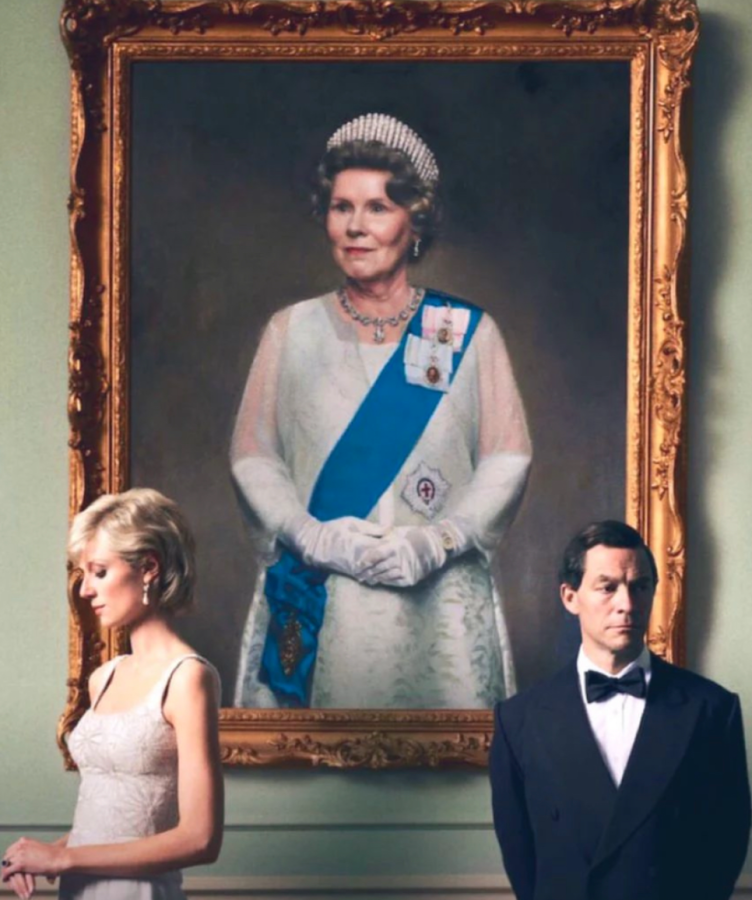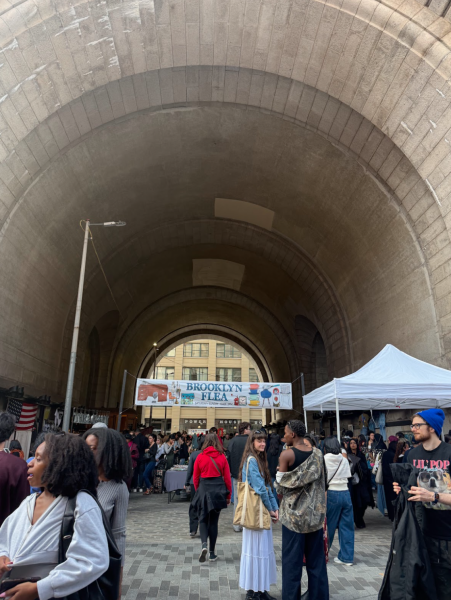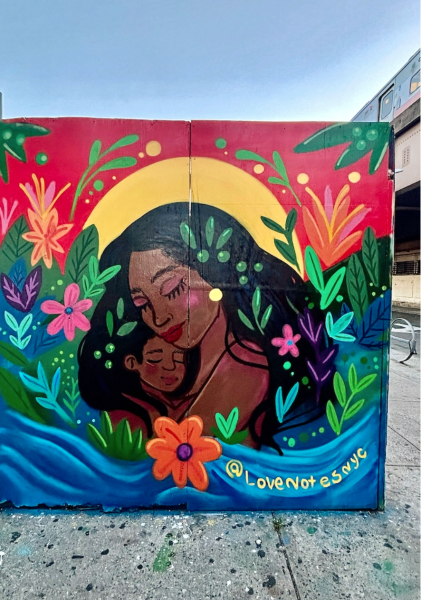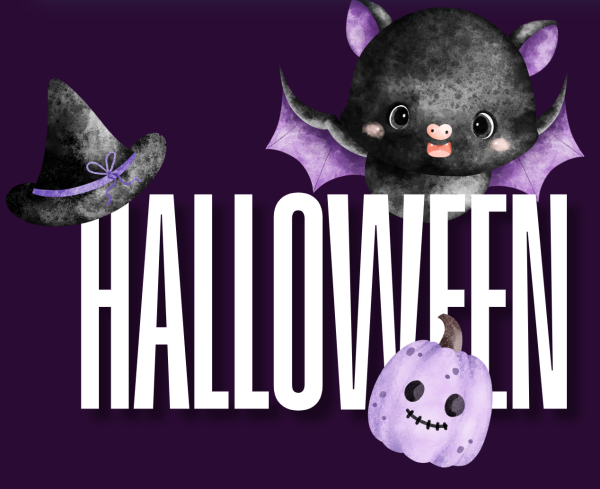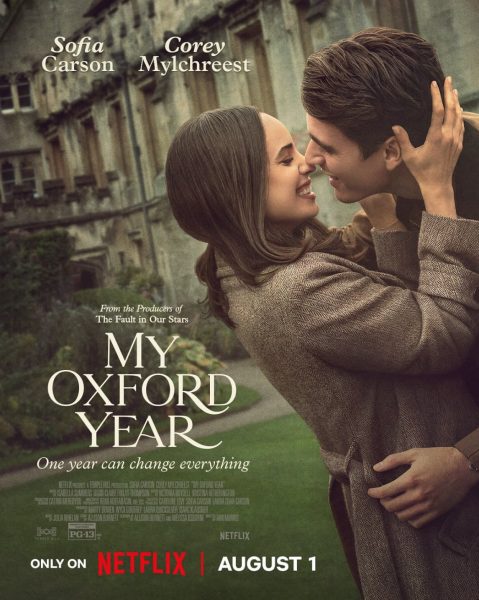Netflix’s “The Crown” Stirs Criticisms With Fifth Season
Netflix original series “The Crown” returned for its fifth season on Nov. 9 and placed number one on the Top 10 shows in the United States. The series was viewed over 107 million hours within its first five days of release. According to streaming figures, the series is rated number one in 37 countries and placed in the Top 10 in 88. These statistics alone would say the fifth season has been a success, but there are still critics who believe the show has continued past its prime and that it has grown both boring and irrelevant. Be warned for spoilers ahead, but then again … this is also history.
Peter Morgan, creator and director of all five seasons, traces the reign of Queen Elizabeth II from her wedding in 1947 through to the early 21st century. The fifth season picks up in the period from 1991 to 1997. The new cast features Imelda Staunton (Queen Elizabeth II), Jonathan Pryce (Prince Philip), Elizabeth Debicki (Princess Diana) and Dominic West (Prince Charles). Though this odd-numbered season ushered in many new faces, there wasn’t a dramatic shift in familiarity because of the actors ability to slip into already solidified roles.
This season, perhaps more so than any other, depicts a wide variety of dramatic events in the royal family’s history, but places the spotlight on the crumbling marriage and subsequent divorce of Princess Diana and Prince Charles. Both Debicki and West bring their own uniqueness to the roles which makes for explosive performances whenever in scenes together. There is a new commanding energy West gives Charles and a reserved gentleness Debicki gives Diana which imbues season five with uncanny realism.
However, Diana and Charles are not the only ones depicted in want of divorce this season. Both Prince Andrew and Princess Anne make their request to the Queen for a divorce as well. With three of her children filing for divorce and the monarchy at arguably its worst of times — the fire at Buckingham Palace did not go unnoticed in its symbolism of the royal family’s state — there is an obvious almost weariness Staunton portrays in the Queen. Mike Hale from the New York Times states, “The problem is that Morgan hasn’t figured these characters out, and his writing for them isn’t as good or as moving as it has been for Elizabeth and Philip.” To argue this idea, one might simply look at the seasons ratings, the actors performances in their roles and the script in relation to history itself. And though many were worried of only being able to see Professor Umbridge, Staunton’s performance erased all notions of roles she had previously played. Her Elizabeth is dry-eyed and guarded but also human and real with the appearance of the toll her role as Queen has been.
Season five is composed with the traditional number of 10 episodes, but that is perhaps the only traditional aspect about it. This season is much darker than previous ones — even the costumes were intentionally chosen to reflect this theme — and the theme is: Queen Elizabeth’s “annus horribilis” (year of disaster).
Episode three introduces viewers to Mohamed Al Fayed (Salim Daw) and Dodi Al Fayed (Khalid Abdalla). Dodi reappears in the final episode where he asks permission from his father to buy a home in Malibu with his girlfriend. Mohamed has greater hopes for his son romantically and audiences know this hope is later fulfilled when his son meets Diana. This romance will likely pick up in the sixth and final season.
Because “The Crown” focuses on both royal drama and British politics as well, this season shows Tony Blair becoming the new Prime Minister and the UK transferring its rule of Hong Kong over to China in 1997, thus ending 156 years of British rule. Both Prince Charles and the PM attend and meet privately afterwards where it is clear Charles is in want of a modern renovation for the royal family (which is also in reference to the controversial decommissioning of Britannia).
The season ends on both a happy and sad note with its focus on Princess Diana packing for vacation. After bumping into Mohamed and his wife, Diana agrees to join them on vacation in Saint Tropez (this is where her romance with Dodi begins). In an interview with Netflix’s “Tudum,” Elizabeth Debicki stated, “There’s a huge amount of sadness, but also this sense of making a choice to move through something and create a new chapter, a new experience.” This might be the best way to put how the season ends.





































































































































































































